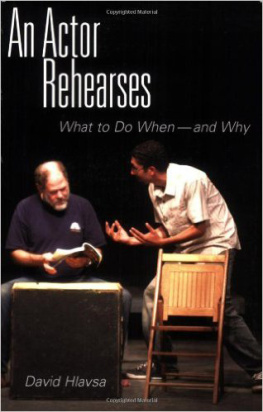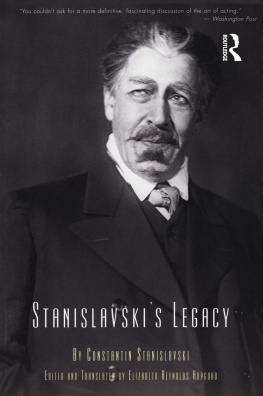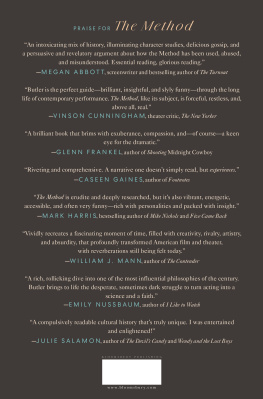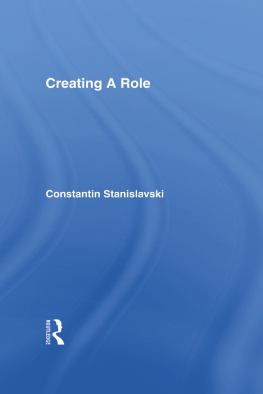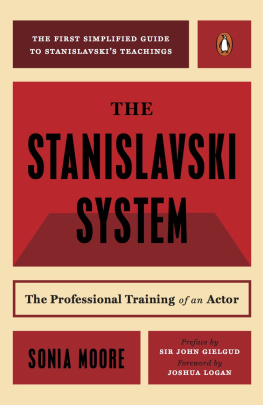First published 1989 by Routledge
11 New Fetter Lane, London EC4P 4EE
29 West 35th Street, New York, NY 10001
This edition published in the Taylor & Francis e-Library, 2004.
1989 Ray Pawson
All rights reserved. No part of this book may be reprinted or reproduced or utilized in any form or by any electronic, mechanical, or other means, now known or hereafter invented, including photocopying and recording, or in any information storage or retrieval system, without permission in writing from the publishers.
British Library Cataloguing in Publication Data
Pawson, Ray, 1948
A measure for measures: a manifesto for empirical sociology.(International library of sociology.)
1. Social sciences. Empiricism
I. Title II. Series
300
Library of Congress Cataloging in Publication Data
Pawson, Ray, 1948
A measure for measures: a manifesto for empirical sociology/Ray Pawson.
p.cm(International library of sociology)
Bibliography:p.Includes index.
1. SociologyMethodology. I. Title. II. Series.
HM24.P335 1989
301dc198819911 CIP
ISBN 0-203-39333-3 Master e-book ISBN
ISBN 0-203-39577-8 (Adobe eReader Format)
ISBN 0-415-02870-1 (Print Edition) ISBN 0-415-02659-8 Pbk
TO WENDY
PERMISSIONS
I am grateful to the following authors and publishers for permission to reproduce copyright material:
Oxford University Press for a table from John H.Goldthorpe et.al., Social Mobility and Class Structure, (1980);
John Wiley and Sons for tables from R.Boudon, Education Opportunity and Social Inequality, (1974);
Open University Press for diagrams from Instrumentation, T291, Unit 1, (1975);
Verso for tables and diagrams from E.O.Wright, Classes, (1985);
Academic Press and E.O.Wright for a diagram from his Class Structure and Income Determination, (1974)
ACKNOWLEDGEMENTS
Putting the real workers first, I would like to thank Margaret Gothelf for her professionalism in the hard and unrewarding slog of typing the majority of the text. This book might have been called A Mesaure for Mesaures had we not done the proof-reading but this is all part of the pleasure of having the services of the fastest fingers in Leeds. I would also like to thank Jude Cohen, Carol Peaker, Gena Lodge, Jane Thompson, Carolyn Weaver and Pattie-Jean Brown who all lent a hand in the processing and re-processing of the text.
Nick Tilley and Roy Todd have been kind enough to read the manuscript from cover to cover and I hope that I will be able to do the same for them both some day. They did manage to query whether I need bother with the first half of the book but apart from this they made many useful suggestions for which I thank them warmly. I would also like to record my gratitude to Routledges anonymous external reader (some grey-bearded sage, Im sure) for being so clear-sighted in recognizing what I am up to here.
My colleagues at Leeds covered my teaching for a year during one of those quaint old things they used to have in Universities called sabbaticals. My thanks go to them all, as they do to colleagues at the Nuffield Centre (especially the tea club) who made me feel a welcome lodger during 85-86.
Ray Pawson
Leeds,
Spring 1988.
Chapter One
SUBSTANTIATING SOCIOLOGY
This book asks, and I trust answers, a direct and seemingly simple questioncan sociology be substantiated? What I want to do is referee the fight between those in the red corner for whom sociology is a substantive discipline, substantiated by valid and reliable evidence about the real world versus those in the blue corner, who would have it that sociological knowledge is discursive, based on conceptual building blocks and tied together by convention and conviction.
The chastened times of sociology in the eighties provide an ideal vantage point for some mature reflection on the extent to which sociological knowledge can be subject to empirical confirmation and on the form in which such evidence might be cast. Over the years, different views have prevailed and such has been the rate of change of sociological wisdom on the matter that it is appropriate to begin with a personal view of the background and context to this debate. The opening section of this chapter consists of a pen picture of the rise and fall and rise of the significance of empirical work in modern sociology. To summarize the British experience at least, one can begin by noting an early phase based on essentially positivistic assumptions in which the centrality of empirical evidence was taken for granted. Thereafter in the sixties and seventies came the critique of positivism and ascendency was taken by a whole parade of theoretical perspectives whose concerns were centred on internal conceptual consistency rather than empirical confirmation. Presently, we are witnessing an empiricist backlash, prompted in part by survival instinct during hard economic and political times but also by the failure of the anti-empiricist schools to provide any means of justifying or adjudicating between the theoretical labours on offer.
I will not be claiming any particular originality for such an overview, indeed I almost want to apologize for its brevity and anglocentrism. So, whilst I will be unable to resist a dig at some particularly bizarre lines in this evolution of methodological thought, my main aim will be to establish something about sociological methodology itself. Sociology is marked by an unfortunate preference to attempt to legitimize its methods through the medium of polemical exchange conducted at the metatheoretical level. I will argue that the development of sociological method is not particularly well served by such purely philosophical scrutiny, either in its traditional form in the naturalism debate or in the kind of amateur philosophy that has come to the fore as a result of our internal paradigm wars.
In section two of this chapter I will look forward to the return of confidence in empirical sociology. It is vitally important that this revival is not simply a return to an unreconstituted positivism fuelled by political expediency. What is needed is a much more refined quantitative method which is sensitive to the phenomenological and relativistic critiques of the last two decades but which is self-confident enough not to be led up a thousand garden paths in the belief that our methodological salvation lies with some yet-to-be discovered epistemological miracle. The main purpose of section two of these introductory remarks is to provide a new focus and a more trustworthy method for assessing the viability of empirical sociology. I will suggest that questions about measurement are particularly strategic since they straddle the great dualisms which divide the discipline, most notably that between qualitative and quantitative sociology and that between sociologies which are broadly empirical and those which are primarily theoretical. Four critiques of measurement will be distinguished in some detail. I will suggest that the growth of a genuine empirical sociology rests on the discovery of a resolution to these problems. I will further suggest that any such solution need pay heed to both abstract metatheoretical principles and the detail of research practice.
1.1 THE RISE AND FALL AND RISE OF EMPIRICAL SOCIOLOGY
The two cultures
The origins of the issues discussed in this book are as old as inquiry itself; in one sense it is simply a modern version of the constant sparring between the two cultures of art and science. Throughout history there have been those who have championed ideas such as that claiming that material nature is nothing but inert mass and motion, and regard as the pinnacle of human achievement the ability to set down the exact rational calculus describing such motion. Equally vociferous have been the voices claiming that no number of these equations of mathematical physics can explain the vital, active, intuitive, creative aspects of humankind. Whilst most commentators today would argue that this kind of trench warfare does little justice to either form of understanding, it remains a fine source of inspiration for the polemicist.



